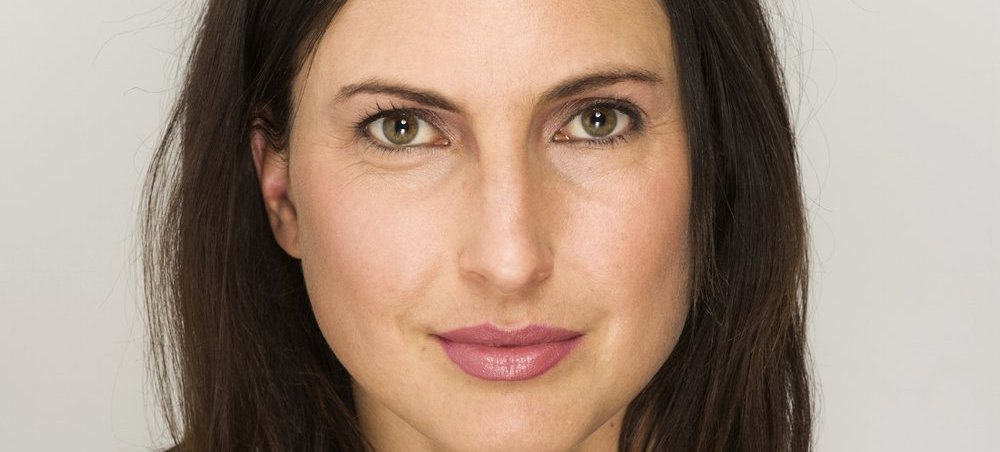We chatted to future of foods strategist Dr. Rosie Bosworth about what it's like to stare into an agricultural crystal ball for a day job, and some of the global challenges she thinks New Zealand is ideally positioned to address.
What does your role as a future of foods strategist entail?
I advise companies, industries and governments on new foods systems, trends and trajectories that will dominate the future global food system in the years to come. Specifically, food systems that have the potential to sustainably feed an expanding world in a way that will simultaneously ease environmental pressures and degradation, while providing the world with access to innovative, scalable, tasty, nutritious and ethically-produced food and protein sources.
As part of my broader mission to help accelerate a new, sustainable and innovative global food system, I also advise investors and movers and shakers in the future foods sector – including accelerators and incubators in the US – by providing strategic communications services for future food companies.
What are some of the most exciting developments in your area of specialism that you've encountered over the past six months?
Cellular agriculture for one: producing animal meat and proteins (like "clean" meat and milk made from microbes) by harvesting animal cells instead of relying on live animals. The environmental, health and ethical impacts of this new food production system are unreal, and increasingly vital when you consider the world’s population is estimated to reach almost 10 billion people in the next few decades.
No matter how well New Zealand produces meat and animal proteins in the form of dairy, there’s just no way we can effectively scale any form of animal agriculture to meet the needs of a ballooning population without causing dire environmental and health consequences.
Plant-based protein is another area exploding right now, especially new plant-based proteins that can literally mimic the sensory experience of conventional meat produced from animals. The technology and manufacturing capabilities in this area are accelerating in leaps and bounds. Couple with huge investment from traditional food companies, animal producers and celebrity investors, we're seeing an animal-free food system collectively emerge. It's a very exciting space to be right now.

Another developing area is controlled environment farming (CEF), which is leading to all sorts of questions around how we can use indoor growing technology and environments to enhance the value, nutritional qualities, yield, supply stability and sustainability of traditionally grown crops such as leafy greens, berries, tomatoes and more.
What excites you most about New Zealand's agtech sector and what the future holds?
The ability to leverage our fertile lands and R&D capability to join the new animal-free and plant-based food economy in order to transition away from low-value and environmentally harmful commodity animal agriculture.
We are in an exciting era where we can help to create a future where medicine and healthcare will be driven via plants and technology, and New Zealand is certainly well positioned to help to drive this movement.
I’m also excited about our ability to carve a niche in high-value bioactives and nutraceuticals from native plants and crops unique to the Southern hemisphere. We are in an exciting era where we can help to create a future where medicine and healthcare will be driven via plants and technology, and New Zealand is certainly well positioned to help to drive this movement.
What do you think makes the New Zealand tech sector generally unique from a global perspective?
We are small, agile and able to pivot quickly. We also have great skill sets, not only in traditional food technology, plant and food R&D, but also technology and digital platforms in general. These two combined will be able to intersect nicely to create high-value, sustainable and high-tech solutions for future global food systems.
What are your predictions for food and agtech in 2018?
Oh, there are too many to discuss! There will continue to be an explosion in investment and start-ups in the plant-based protein and cellular agriculture space (my sweet spot!). As well as lots more interest and focus on R&D into high-value plant bioactives and nutraceuticals, and controlled environment faming systems that can facilitate better plant and crop health, nutrition, sustainability and yields.
Then there’s technology like robotics and automation for traditional grown crops, blockchain for agriculture and traceability apps...it’s endless.
Finally, what's your goal for 2018?
To play a pivotal and influential role in driving the future of foods movement and progress globally. As part of this I intend to assist in getting at least three different (animal-free) future foods ventures off the ground in New Zealand, so we can compete in this space nationally, as well as cementing my position in the future foods venture capital and acceleration space to facilitate the movement. And of course, to continue to be a global voice and thought leader in the future of foods.
